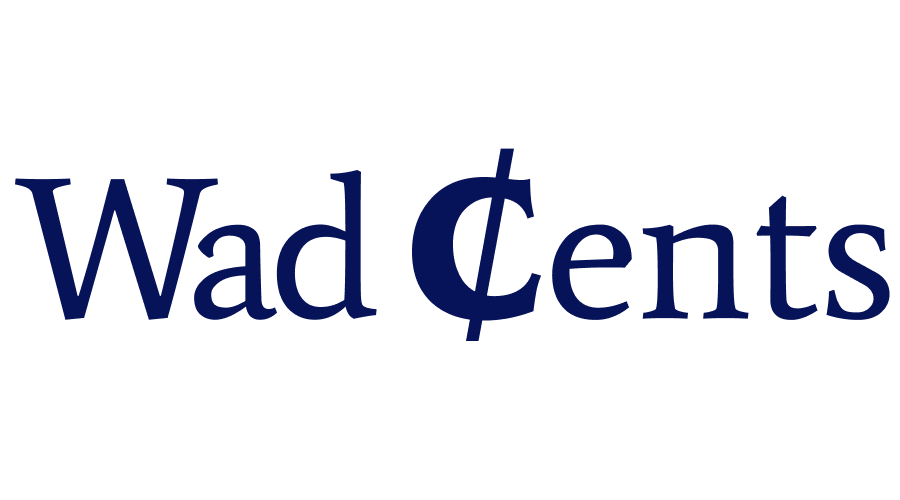When you take a 401(k) loan, you may want to keep your financial affairs private, away from the eyes of your employer. But, will your employer know when you take a 401(k) loan?
When you take a 401(k) loan, your employer will technically know about it. The employer has the authority to set terms for the 401(k) plan and has access to employees’ 401(k) records, including withdrawals, 401(k) loans, etc. However, this information is only available to the finance and human resource departments as well as the upper management. Your immediate supervisor or your colleagues are unlikely to have access to such confidential information.
What is a 401(k) loan?
A 401(k) loan is a type of loan you can borrow from your 401(k) retirement savings plan. It allows you to borrow from your retirement savings, and pay back the money with interest over time. 401(k) plans are offered by employers in the United States to help employees save for retirement.
Most employers offer two types of 401(k) loans i.e. a general purpose loan and a residential loan. A general-purpose loan can be used for any purpose, such as paying for college, buying a car, paying medical expenses, etc.; they have a repayment period of up to five years. On the other hand, a residential loan can only be used to buy or build your principal residential; the repayment period is often more than 5 years, but not more than 15 years.
How will my employer know if I take a 401k loan against your 401(k) savings?
When you take a 401(k) loan, the loan will not be reported to your employer, but the employer may become aware of the loan in several ways.
First, 401(k) loan repayments are done through payroll deductions, and this means that your employer will see these changes in your paycheck. The finance and HR personnel will also be aware of the deductions since they are required to implement the deductions and issue a pay stub.
Secondly, communications between the plan administrator and the employer regarding payroll changes and employee contributions may provide information about new 401(k) loans. As long as the employer allows 401(k) loans to plan participants, they get access to such information.
If you have concerns about the 401(k) plan confidentiality, you should discuss with the human resource personnel in your company to know who gets access to your 401(k) information, and the amount of information they get access to.
Will Your Employer Know If You Make a 401(k) Withdrawal?
Your employer will likely be aware if you withdraw money from your 401(k) account. When you make a 401(k) withdrawal, this information will not be directly communicated to your employer, but the employer may become aware of the transaction in several ways.
First, when you make a 401(k) withdrawal, part of the amount may be withheld for income taxes. This will impact your paycheck directly, and your employer may observe the change in paycheck deductions when processing your payroll.
Additionally, periodic updates from the plan administrator to your employer may include information about plan transactions, including withdrawals. While your employer won’t be notified immediately, they will have access to reports about the overall transactions within the 401(k) plan.
While your employer may get access to information about 401(k) withdrawals, the transaction is usually between you (plan participant) and the plan administrator, and not directly with the employer.
What happens if I lose my job and I have a 401k loan?
If you lose your job and you have an outstanding 401(k) loan, you should be aware of the implications.
Once you leave your job, the outstanding 401(k) balance will become due, and you may be required to pay the unpaid loan amount immediately. However, some employers may allow a short grace period to allow the repayment.
401(k) loan repayments are made through payroll deductions, and since you are no longer employed in the company, there won’t be further paychecks to facilitate these payments; instead, you must figure out how to pay the outstanding balance. You may be allowed to make loan payments via check or direct deposit.
If you are unable to pay the outstanding 401(k) loan balance by the deadline, the outstanding balance will be considered a taxable distribution, and you will owe income taxes, and an additional 10% early withdrawal penalty if you are under 59 ½. Depending on your income tax bracket, you could pay as high as 30% in taxes on the outstanding 401(k) balance.
In limited circumstances, you may be able to rollover the outstanding 401(k) loan to an eligible plan such as the new employer’s 401(k) plan or IRA to avoid the taxable distribution.
Alternatives to 401k Loans
If you need funds for an emergency and you don’t want to take a 401(k) loan, you may have several options. Here are some alternatives to 401(k) loans:
401(k) hardship withdrawal
If you are facing a financial hardship such as education costs, medical costs, funeral expenses, or foreclosure, you may be eligible for a hardship withdrawal. Unlike a 401(k) loan, you won’t be required to pay back the hardship withdrawal. Depending on the specific hardship you are facing, you will only be allowed to withdraw the amount required to satisfy your hardship.
Emergency fund
An emergency fund can help you cover unexpected expenses, without having to tap into your retirement savings. Generally, the emergency fund should have enough money to cover at least 3 to 6 months’ worth of living expenses like rent, mortgage payments, medical expenses, utility bills, etc.
Personal loan
If you have an account with a bank or credit union, you may be able to borrow a personal loan. Some banks allow you to make a quick online loan application, and get approved in minutes. However, be sure to compare the best rates and negotiate a flexible repayment term.
Conclusion
While your employer may not immediately become aware of the 401(k) loan, they may gradually become notified via reports from the plan administrator and payroll checks. However, 401(k) information is confidential, and not everyone in the management will become aware; your immediate supervisor and colleagues may not be aware of the 401(k) loan. Only finance and HR personnel as well as the upper management team may have access to such vital information.


